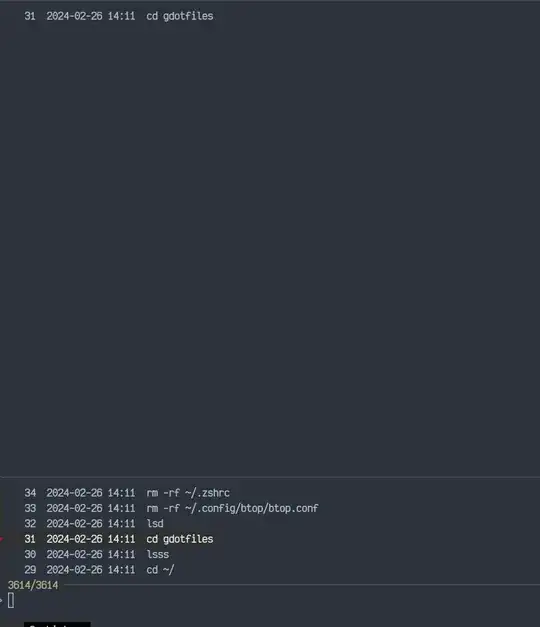The accepted answer is correct, but it’s worth noting that you don’t need to call the external grep binary to do the search, since that ability is baked in. I have this function defined in my .zshrc:
histsearch() { fc -lim "*$@*" 1 }
Notes:
fc is the zsh builtin that controls the interactive history. history is equivalent to fc -l.
The -m flag requires a pattern, which must be quoted.
The -i flag adds a timestamp.
fc has many more tricks up its sleeve (e.g. limiting the search to internal history for the current session). See the zshbuiltins(1) man page or the official documentation.
Edit (2021-01-27):
A major advantage of using this method over just grepping the zsh history file is you get human-readable timestamps via -i. Of course, this only works if you’ve enabled the saving of timestamps to the history file in the first place:
setopt EXTENDED_HISTORY
Over the years, I’ve also added the -D flag to my function, which shows the runtime of the command in history. (This is again dependent on EXTENDED_HISTORY.) Plus, I’ve renamed the function to hgrep, which I find easier to remember:
hgrep () { fc -Dlim "*$@*" 1 }
